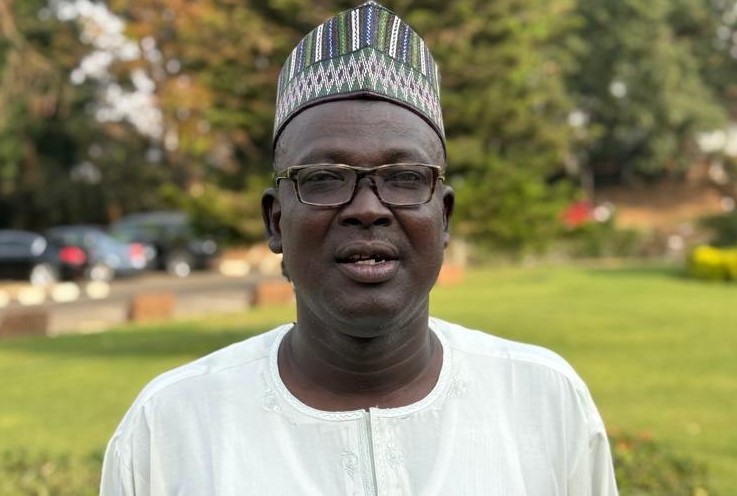On a recent evening, I stumbled upon a Ghanaian podcast that delivered one of the most painful truths I’ve ever heard about Nigeria. The topic was the mass migration of Nigerians—thousands daily—into Ghana, not for tourism or adventure, but for survival.
The podcast host spoke candidly about how Nigeria’s worsening electricity supply, deepening insecurity, and collapsing economy have made Ghana the unexpected haven of West Africa. Listeners learned that nearly every Ghanaian city, town, and village now has visible and growing communities of Nigerian immigrants. Many are struggling to find their footing but remain resolute in their desire to build a new life—what some are calling the emergence of the first generation of Nigerian-Ghanaians.
One comment struck with particular force: “Ghana has now become to Nigerians what America used to be to Ghanaians.” This statement, echoed severally on the show, captured the staggering role reversal between two neighbouring nations and revealed the depth of Nigeria’s fall from regional prominence.
It is a matter of great concern—and undeniable shame—that the nation once called the “Giant of Africa” now finds itself bleeding citizens into a neighbouring country it once dismissed as economically inferior. What was once the pride of the continent has become a cautionary tale of wasted potential, mismanagement, and dangerous neglect.
Nigeria has not merely stumbled—it has collapsed into a slumber so deep that its children are willing to trade their nationality for stability, even in places that once looked to Nigeria for strength and direction. The image of a proud people fleeing their homeland should stir the conscience of every leader in the corridors of power.
At the core of this exodus are three interlocking crises that have crushed the spirit of a once-vibrant nation: electricity failure, insecurity, and economic collapse.
The first crisis is electricity—or, more accurately, the near-total lack of it. According to the National Bureau of Statistics, a staggering 90 percent of Nigerians do not enjoy a steady electricity supply. From homes and schools to factories and hospitals, this lack of power has crippled both productivity and quality of life. Entire communities now rely on generators and short-lived hope.
The second crisis is insecurity. No region in Nigeria today can be described as truly safe. From Boko Haram insurgency in the North-East to banditry in the North-West, cult violence in the South-South, and rampant kidnappings and urban crime across the South-East and South-West, the nation has become a patchwork of fear. Citizens now live under the shadow of violence and impunity, with few expectations of protection.
The third crisis is economic. Inflation is eating away at savings and incomes, leaving families barely able to afford food and necessities. Youth unemployment hovers above 40 percent, while the latest data from the National Bureau of Statistics shows that 63 percent of Nigerians live in multidimensional poverty, deprived not just of money but of health care, education, housing, and hope. For the average Nigerian, the dream of social mobility has turned into a nightmare of survival.
The government must be reminded that policy is not an abstract concept meant for theoretical debates—it is about people. Real people. Policies are not crafted to be preserved in history books but to lift citizens from hardship into dignity. And yet, many Nigerians are now choosing escape over endurance.
No sane individual can comfortably live in a country without reliable electricity, where safety is a luxury, and the economy is in freefall. Nigeria, with its abundant oil reserves, fertile land, and brilliant human capital, should be leading Africa into a prosperous future—not exporting its citizens in search of safety and opportunity.
We are too blessed to be this broken. Nigeria should not be a country to flee from—it should be a place others dream of living in. With focused leadership, firm will, and urgent reform, steady electricity, low crime, and a thriving economy are not impossible dreams—they should be standard.
This is not just a call to action. It is a cry for survival. If indeed we are the Giant of Africa, then we must rise like one. We must wake up before the continent buries us in our slumber.
Because if the giant doesn’t rise soon, it will become nothing more than a ghost.






